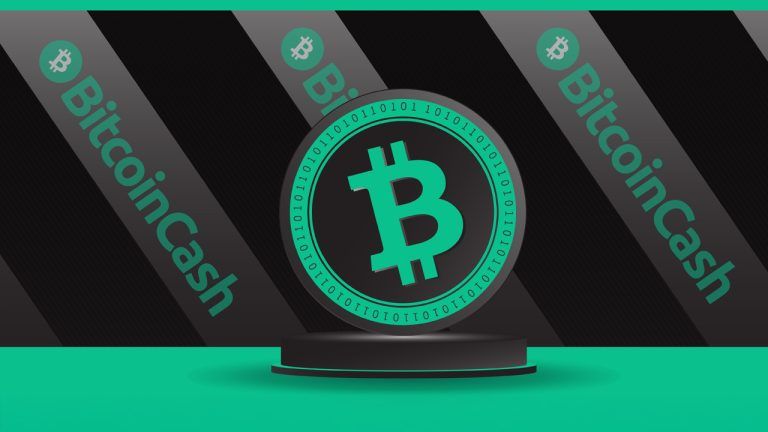Dear all,
there is a scenario in my head that made me post to discuss further. It is highly appreciated if the bold questions can be discussed/answered.
Assumptions:
- A central bank wants or a group of coordinated central banks want to attack a cryptocurrency network in order to establish rules, for instance banning specific adresses from participating in the network.
- In order to achieve that, the central bank or group of central banks operate without communicating this to the public (for obvious reasons).
- The attack doesn't aim to destroy the network. Reason why: For both PoS or PoW networks, the attacker(s) can just gain majority of stakes or computing power and destroy the network. Obviously, the crypto-community would react (forking, other networks, and so on...).
- But the attacker has one specific aim: Enforcing rules in the system that the attacker endorses.
Now the big question is: Is PoW better suited to protect from this attack or PoS (by PoW I especially mean Bitcoin)? From my limited understanding it is PoW.
The point I want to make clear is that under a PoW regime, the attacker would need a lot of funds to maintian at least 51% computing power in the network, making this attempt a nightmare from the viewpoint of the attacker. That is a big advantage of heavy-energy usage to secure the PoW network (I am pointing out to Bitcoin especially). But on the other hand, in a PoS network, the attacker 'just' needs to gain a majority stake and change the rules. If that situation is reached, there is no need for additional effort that needs to be put into the network by the attacker. I see this as a great danger, as the ideal of a cryptocurrency is to free the world from the weapon of mass destruction called central banking. Of course, by doing network analysis, the community can detect a possible attacker on the PoS network (paired with data gained from exchanges, as this attack attempt would lead to price and probably volume distortions). And in order to ban some adresses, it must be known whom they belong to (let us assume this is a given).
How can a PoS network defend against that by design? Has this been considered by the Ethereum protocol or any other PoS protocol so far? In my opinion, this is a crucial issue if a crypto-network wants to become a world currency.
My ideas so far, please correct me if they are wrong:
- Introducing an anonymous Blockchain, where it cannot be traced where funds are sent to. Of course this would make a network analysis on the Chain impossible, but the exchange data would still be available as this would give a lot of hints of such an attack attempt. And even if the majority stake is in the hands of the attacker(s): Who do they want to ban and how?
- Introducing a constitution with rules as the impossibility of censoring/blocking adresses and so on with automatic mechanisms to kick out anyone who wants to ban someone else. Is this even possible? As long as someone has the majority (stake or computing power), ANY rules can be changed, correct?
[link] [comments]

You can get bonuses upto $100 FREE BONUS when you:
💰 Install these recommended apps:
💲 SocialGood - 100% Crypto Back on Everyday Shopping
💲 xPortal - The DeFi For The Next Billion
💲 CryptoTab Browser - Lightweight, fast, and ready to mine!
💰 Register on these recommended exchanges:
🟡 Binance🟡 Bitfinex🟡 Bitmart🟡 Bittrex🟡 Bitget
🟡 CoinEx🟡 Crypto.com🟡 Gate.io🟡 Huobi🟡 Kucoin.




















Comments